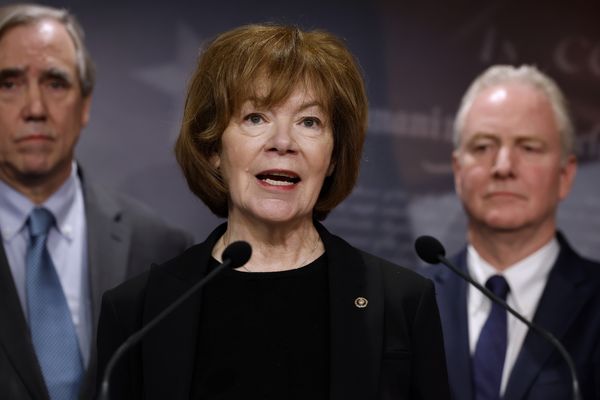People who tended to report lower trust in public health agencies like the Centers for Disease Control and Prevention during the pandemic believed those agencies' health recommendations were politically influenced and inconsistent, according to a study published Monday in Health Affairs.
Why it matters: While plenty of studies throughout the pandemic tracked levels of trust or sought to break it down by demographic groups, this study sought to understand factors that led to higher or lower trust levels.
The big picture: Public health officials at all levels have been examining how to restore public trust in health agencies. The CDC, in particular, has responded to intense scrutiny over its response to public health threats and communication missteps with a plan to overhaul its internal structures.
By the numbers: The Harvard-led study surveyed more than 4,208 U.S. adults in February 2022. Among those who said they had high trust in the CDC, the top reported reason was that they believed the CDC followed scientifically valid research (94%) and have the expertise (92%).
- Those who reported low trust in the CDC were more likely to report a belief their recommendations were politically influenced (74%) or were influenced by private industry (60%).







